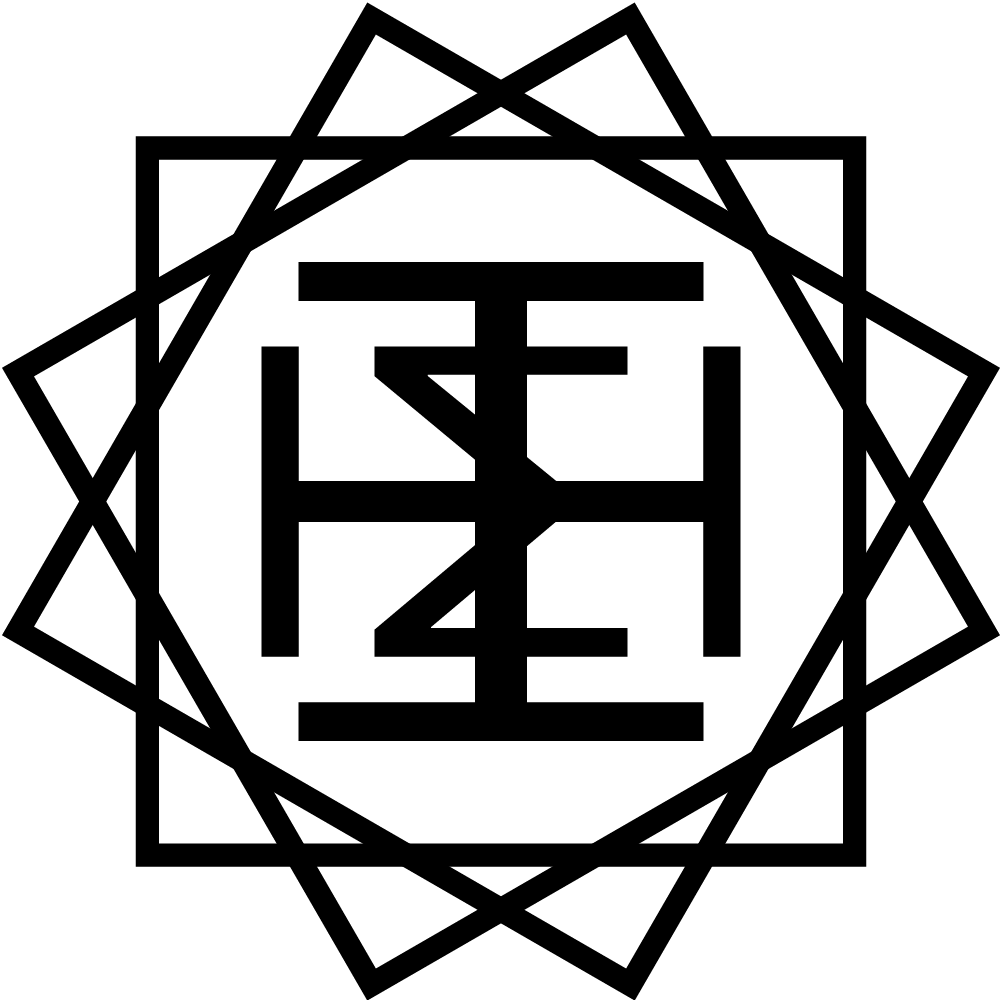Israel Freed from Egypt – Translating Psalm 114
We find ourselves invited by the psalmist to reflect on the period of exodus and taking the promised land. The unknown psalmist uses a healthy dose of repetition to highlight the work God had done to rescue and claim his people for himself.
Psalm 114
Israel Freed from Egypt
1When Israel came out of Egypt, *
Jacob's children from a foreign people,
2Judah became God's sanctuary, *
and Israel became his dominion.
3The sea flees at their sight; *
the Jordan turns back to its source.
4The mountains leap like rams, *
and the hills like lambs.
5Why was it, sea, that you fled, *
Jordan, that you returned to your source,
6the mountains, that you leaped like rams, *
and the hills like lambs?
7Tremble, earth, before the Lord, *
before the God of Jacob,
8who turned the rock into pools of water, *
and made waters spring forth from flint.
The repetition had me confused
Many parts of this psalm were fairly simple. The grammatical structure is pretty straight forward with plenty of X verb Y going on. The challenge here is that you are seeing the same words over and over again so close to one another. It is very easy to get confused with which tense and ending is used where. There weren’t any individual confusing portions of this psalm grammatically, but side by side it gets confused in my head. I find that I do better when there is more narrative/topical progression to the text.
After I have finished the first pass at any translation I always read the section/chapter/book a few times back to back. I am paying attention to the punctuation (there is almost no punctuation in the Hebrew or Greek) and verb tenses. In this Psalm the two middle stanzas (v3-6) mirror one another. They have nearly identical language except for their tenses, and that the second includes a question word at the beginning of verse 5. Ensuring that the first set was in present tense, and the second set in past tense follows the source, and also helps build to the conclusion.
When it comes to punctuation it feels like a bit of a stretch to make verses 5 and 6 the same sentence.
Why was it, sea, that you fled, * Jordan, that you returned to your source, the mountains, that you leaped like rams, * and the hills like lambs?
On the one hand the question word was only included once in the sources. Yet to break it into two lines would more closely mimic the previous verse pair. After struggling with how to pose the question I decided to go with the single long question. In part due to a slightly more complex intro to the question (“Why was it”) that would need to be repeated in verse 6. This decision also allowed the line asking the mountains to be three words shorter, and it was already the longest in that set even without the question words.
A Strong closing
It was in the last two verses (v7-8) that I spent the most time. In part battling how closely to follow the sentence structure of the Hebrew and Greek (that roughly says “To be before/facing the Lord trembling you earth”). Ultimately it felt strong to start with that verb – Tremble – to help the reader focus on the affect the Lord can have on creation. An effect that is made explicit in the closing verse.
Talking about Flint
That decision allows us to transition into the last verse about God transforming some stone. This is harking back to when Moses struck the stone during the exodus and a split and a spring of water appeared. It is the proof that the psalmist is providing us that the earth does, in fact, tremble before God. I went back and forth on how to translate flint. It appears to be a pretty direct translation into flint from the Hebrew (חַלָּמִישׁ – khalamísh). I guess the author might be making reference to the ability of flint to create fire (which you could with flint since the Stone Age).
The contrast between the source of fire being transformed into a source of water is pretty compelling. My modern understanding of water from rock is pretty different (they didn’t know about underground aquifers). Using flint does maintain the authors original point better than some other translations do (who translate it into rock, stone, or hard rock).
Selecting a Title
This psalm is on the shorter side. In some regards it feels like it could have been part of a bigger story. Yet the focus here is clear. Israel was brought out of Egypt by God who intervened in the physical world in many ways. The title given to this psalm in Latin is “Israel ex Ægypto liberatur” that we translated to English as “Israel Freed from Egypt”. This does a good job at capturing the root of the story the psalmist is telling.
Initial Translation Finished 11 April 2021
Notes
Translations for Urban Monastic are open to refinement and improvement. This has been translated. Yet, this is a reminder that no translation is ever complete. Cultures change, languages change, we better understand the source texts and languages, and adapt them as they get used in context. We will continue to refine and enhance our translations. If you are interested in helping, please let us know!
Photo Credit
Paul Prins taken 29 January 2006 in Nerja, Spain.
Share with those you know:


